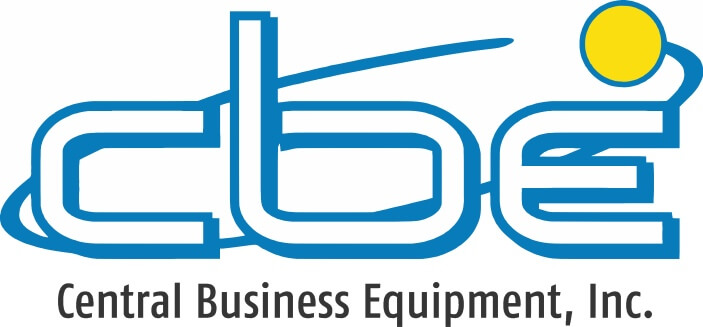Acquiring office equipment for your business can be a complicated and expensive process– forcing business owners to decide whether they want to lease their equipment or purchase it outright.
Of course, each option has pros and cons– but fully understanding the factors involved can help you make an informed decision that’s just right for your business’s specific goals.
Consider the cost
Even if your business is doing well, you might not have the capital to handle the large upfront costs associated with purchasing new equipment outright.
Leasing, on the other hand, typically requires much lower upfront costs than purchasing. When leasing office equipment, you make regular monthly payments throughout the lease term, which allows you to preserve your capital for other business expenses.
Buying office equipment outright, on the other hand, has a larger upfront cost but eliminates the need for ongoing lease payments. Consider your budget and cash flow patterns in order to determine which one suits your specific needs and financial situation.
Equipment needs and technology updates
Leasing office equipment provides the advantage of flexibility and access to the latest technology. As technology evolves, leasing allows you to either upgrade or replace equipment at the end of the lease term– allowing your business to stay competitive and efficient.
Buying equipment offers long-term ownership, but it may also necessitate the need for costly upgrades or replacements in the future.
Consider the nature of your business and industry, and the pace of the relevant technological advancements, in order to make the best decision possible for your needs.
Maintenance and support
Another big benefit offered by equipment leasing companies: ongoing maintenance and support.
This means that you have access to experts when you’re experiencing technical issues or when your equipment requires repairs.
Purchasing equipment outright, on the other hand, typically requires your business to handle maintenance and support– either internally, or through a third-party service.
Does your company have the internal resources and capabilities to handle ongoing maintenance and support for your office equipment? The answer to that question might help to inform your decision whether to lease or purchase.
Tax implications
Leasing office equipment, versus purchasing it outright, may have different tax implications for your business.
For example, leasing your office equipment might be fully tax-deductible as a business expense– reducing your overall tax liability.
However, if you’ve purchased office equipment, you might be able to take advantage of depreciation deductions over time. It might help to consult with a tax advisor to understand the specifics when it comes to your business expenses.
Resale value and asset ownership
If you’ve purchased your office equipment, you have the ability to sell or dispose of it as you see fit. However, as technology advances, you might have a difficult time selling outdated equipment when it’s reached the end of its lifespan for your business.
Leasing, on the other hand, eliminates the need to worry about equipment disposal or finding buyers when it’s time to upgrade.
Every business is different
The decision whether to lease or buy office equipment is one that’s highly influenced by the specifics of your business, your industry, and your financial situation.
If you’ve got questions about the leasing process through Central Business Equipment, we’d be more than happy to walk you through the process and answer any questions you might have. Just give us a call today!
